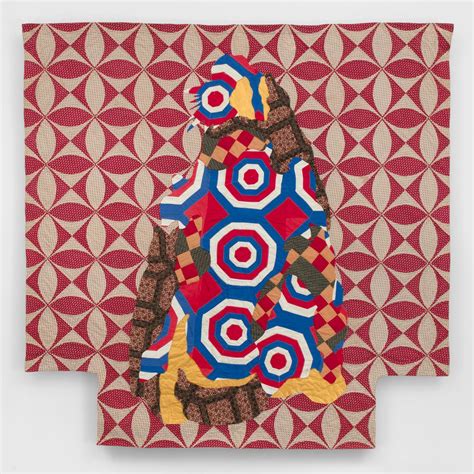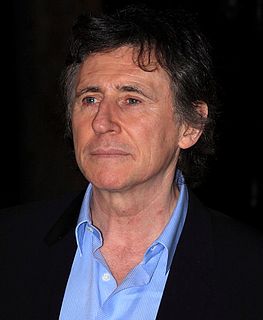A Quote by Per Petterson
When a translation is very good, it is fascinating to see how the book changes and yet stays the same. I think 'Out Stealing Horses' sounds more American for Americans than it does in Norway, and still, it is all there, everything that I wrote. It's amazing.
Related Quotes
I often say time is malleable, but the reception of an artwork is malleable too. When the culture changes, the view and the way you see that work, your perspective, changes. It's something that you can't control. It's sort of daunting and intimidating, but at the same time very fascinating, extremely fascinating.
If I'm writing a story and you're reading it, or vice versa, you took time out of your day to pick up my book. I think the one thing that will kill that relationship is if you feel me condescending to you in the process. And how does that happen? Well, it happens when I know more than you do, and when I know that I know more than you do, and I'm holding it back from you. So that I can then manipulate you at the end. You know, you think about like in a dating situation how terrible that would be, it's the same thing with a book.
When I was fifteen I wrote seven hundred pages of an incredibly bad novel - it's a very funny book I still like a lot. Then, when I was nineteen I wrote a couple hundred pages of another novel, which wasn't very good either. I was still determined to be a writer. And since I was a writer, and here I was twenty-nine years old and I wasn't a very good poet and I wasn't a very good novelist, I thought I would try writing a play, which seems to have worked out a little better.
In terms of how Iranians see the U.S. government, that's a difficult question. But in terms of how Iranians see Americans, there is a very good mutual belief that they have so much in common with American people and they feel totally related to them. In terms of government, definitely there are some hardcore hardliners who hate the U.S. government, but at the same time, there are some more moderate.
I would suppose I learned how to write when I was very young indeed. When I read a child's book about the Trojan War and decided that the Greeks were really a bunch of frauds with their tricky horses and the terrible things they did, stealing one another's wives, and so on, so at that very early age, I re-wrote the ending of the Iliad so that the Trojans won. And boy, Achilles and Ajax got what they wanted, believe me. And thereafter, at frequent intervals, I would write something. It was really quite extraordinary. Never of very high merit, but the daringness of it was.
I see people getting so caught up in celebrating diversity that they are neglecting their commonality. I don't see this as a good thing. The Chinese culture has survived for more than five thousand years in part because the Chinese have embraced the same language and culture. I hope I am wrong about this, and that the flame is still on beneath the great American melting pot. Americans need each other, and a house divided, no matter the color of its occupants, is still divided. And divided we all fall.
Does people not asking me about Asian American literature mean they don't see it as its own literary tradition? I certainly believe in it as its own literary tradition, because your race plays a great factor in how you are seen by the world, and how you see the world; the fact that I'm an Asian American isn't incidental to who I am as a writer. Where it becomes difficult is defining what, if anything identifiable at all, makes an Asian American book an Asian American book, other than the fact of its creator being Asian. And I'd argue that there is nothing identifiable beyond that.
So in that way, fame has become a weirder thing to go after, but the thing about me is I've never been after fame. That sounds cliché, but it's true. I think fame sounds uncomfortable to me, but being able to like write this book and make my living doing very exciting, creative stuff sounds really amazing. It has been really amazing.
I just feel like it's fascinating to me just watching my own family, seeing my cousins have children here, seeing the generations go on, and seeing how people are still very connected to their home, but are actually, of course, Americans too. That sort of a hybrided sense of self is something that I yearn to see more of expressed.







































